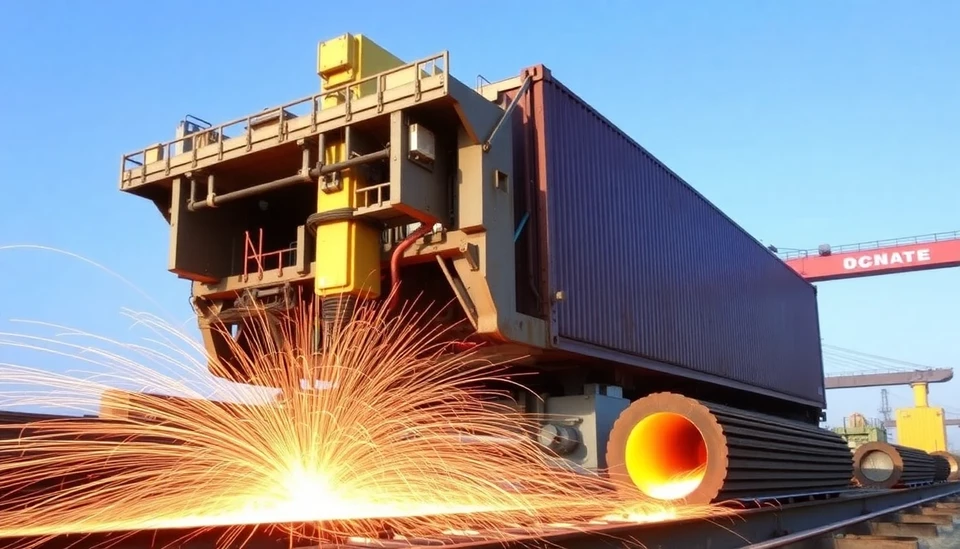
In a significant move aimed at bolstering its steel sector, the European Union announced new regulations that tighten import rules for steel products. This decision comes as a response to increasing global competition and concerns over market distortion caused by low-priced steel flooding the market, particularly from non-EU countries.
The European Commission, the executive arm of the EU, highlighted that these measures are essential to protect local producers from unfair trading practices. By addressing issues such as overcapacity in global steel manufacturing, the EU aims to preserve jobs and encourage investments within its steel industry, which faces challenges from cheaper imports and rising operational costs.
According to sources within the European Commission, the newly adopted rules stipulate stricter scrutiny of steel imports, including a more rigorous assessment of the countries from which steel products are sourced. Importers will now be required to provide detailed documentation about the origin and pricing of their products. This move is intended to ensure that all imports adhere to fair trading standards and comply with EU regulations.
The decision has garnered mixed reactions from various stakeholders. While local manufacturers and labor unions have largely welcomed the new regulations, viewing them as a critical step towards protecting jobs and supporting the national economy, importers and some trade experts have raised concerns about the potential consequences of such restrictions. They argue that increased tariffs and tighter import regulations may raise costs for consumers and could lead to retaliatory measures from trading partners.
Furthermore, the EU's latest regulations come in the wake of ongoing tensions with major steel-producing nations, particularly China, which has faced criticism for its practices that reportedly lead to market imbalances. The EU's actions are seen as part of a broader strategy to enhance the bloc's industrial competitiveness and reduce dependency on external suppliers.
In conclusion, the tightening of steel import rules in the EU represents a pivotal moment for the industry as it seeks to navigate the complexities of global trade dynamics. The implications of these regulations will unfold in the coming months as stakeholders adapt to the new landscape of steel commerce in Europe.
#EU #SteelImports #TradeRegulations #LocalIndustry #GlobalTrade #EconomicPolicy #Manufacturing #EuropeanCommission
Author: Daniel Foster




